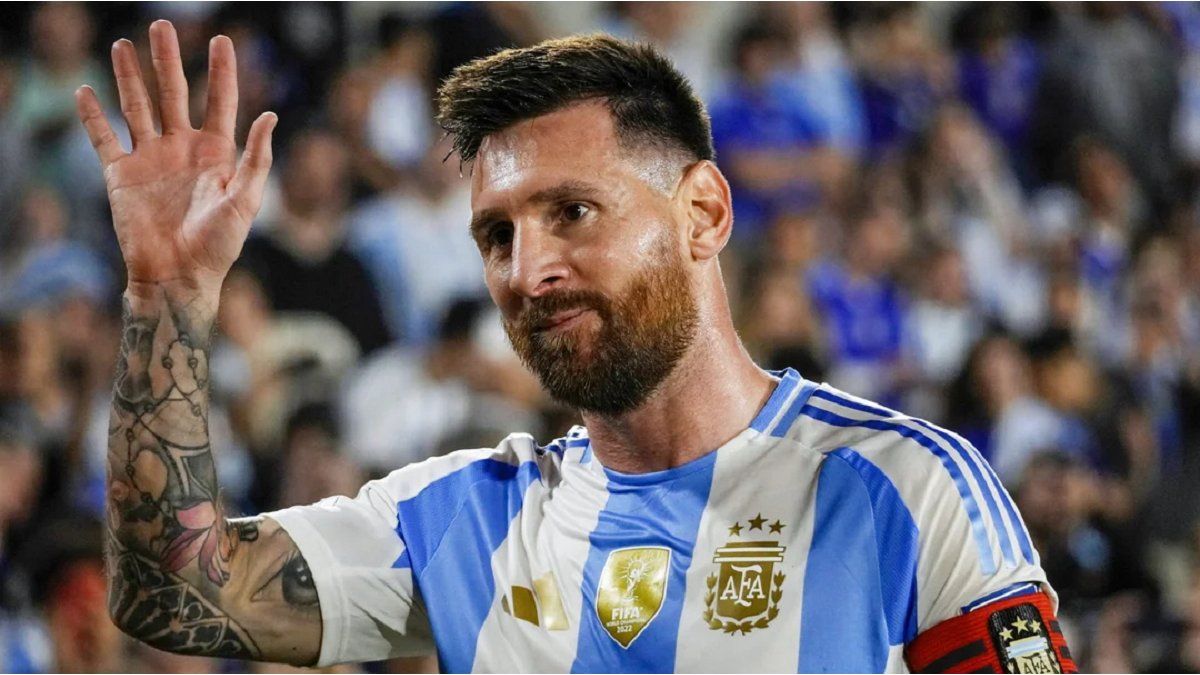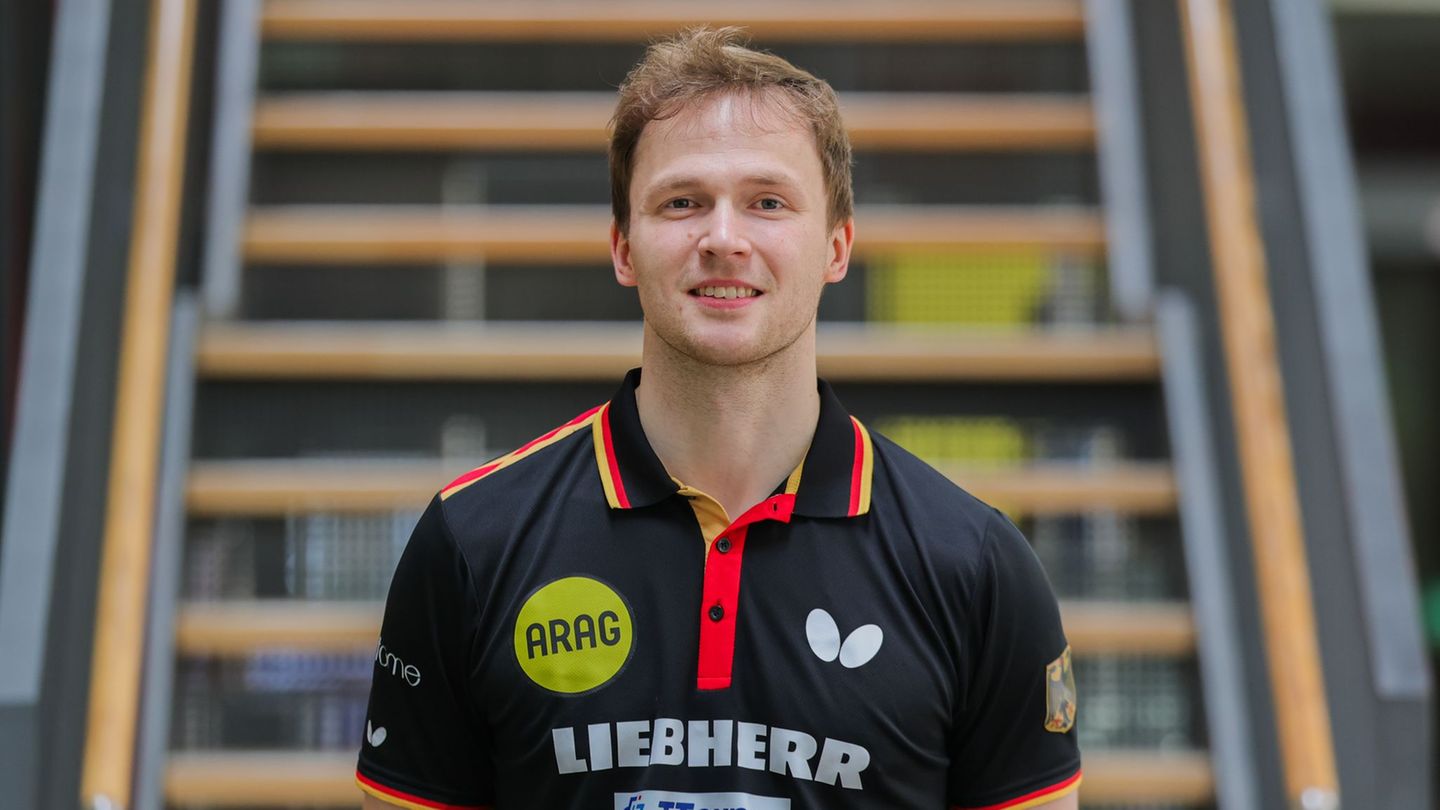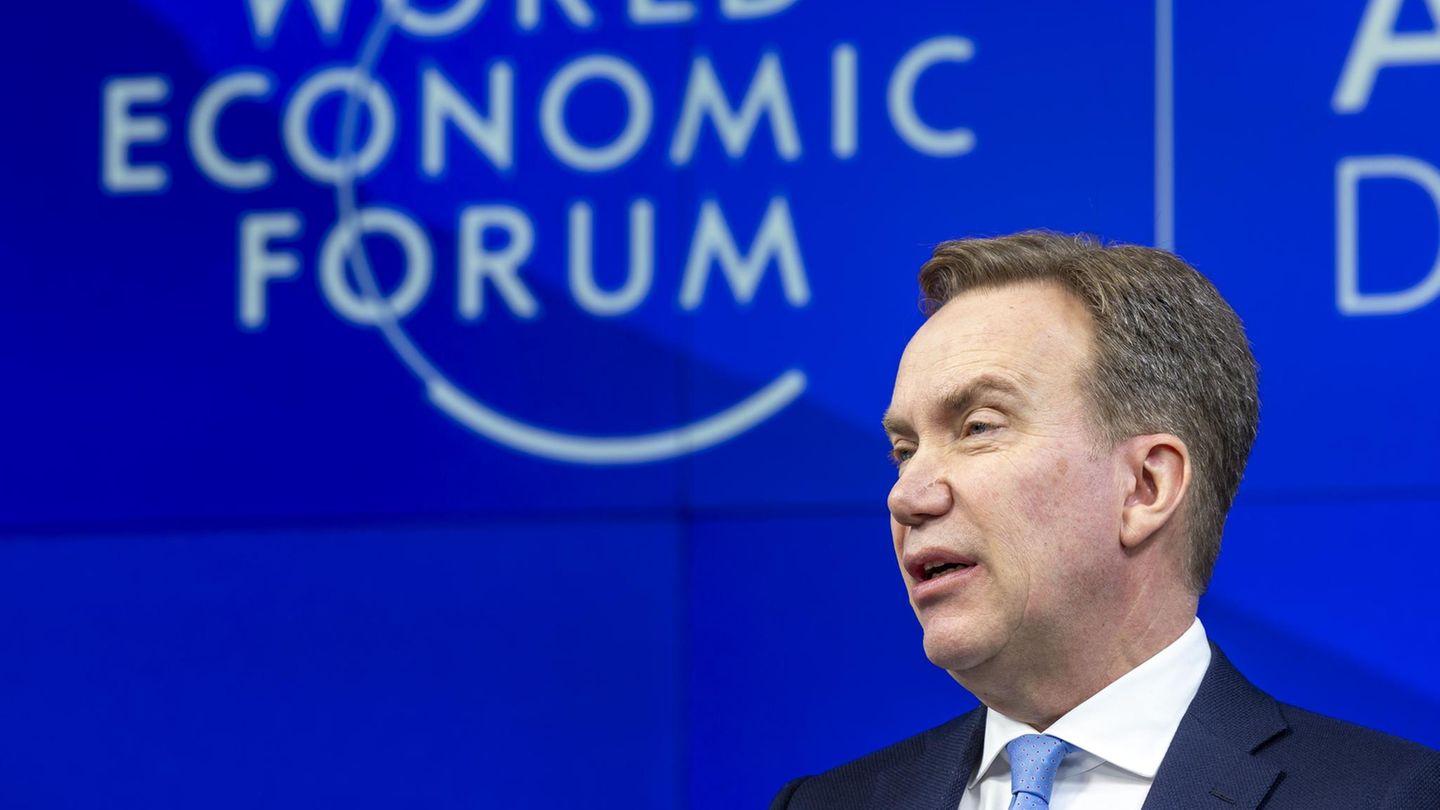Menu
World Economic Forum WEF: What is actually behind the meeting?
Categories
Most Read
Ex-real estate dealer: Further trial against Benko is certain
October 16, 2025
No Comments
German economy: Bundesbank is becoming more pessimistic about the economy in the summer
October 16, 2025
No Comments
Beijing’s export controls: China accuses the USA of scaremongering in the trade dispute
October 16, 2025
No Comments
Missing apartments: Interhyp survey: Growing frustration with the housing market
October 16, 2025
No Comments
Nestlé cuts 16,000 jobs despite rising sales
October 16, 2025
No Comments
Latest Posts

Lionel Messi celebrated the classification of the Argentine National Team to the final of the Under 20 World Cup on social media
October 16, 2025
No Comments
October 16, 2025 – 10:27 As captain of the senior Argentine national team, he recognized the work of the youth players and celebrated their passage

Victory in the round of 16: European Championship quarter-finals fixed: table tennis team beats strong Danes
October 16, 2025
No Comments
PierceI am Pierce Boyd, a driven and ambitious professional working in the news industry. I have been writing for 24 Hours Worlds for over five

Diane Keaton’s family revealed what the actress died of
October 16, 2025
No Comments
Lisa HarrisI am an author and journalist who has worked in the entertainment industry for over a decade. I currently work as a news editor
24 Hours Worlds is a comprehensive source of instant world current affairs, offering up-to-the-minute coverage of breaking news and events from around the globe. With a team of experienced journalists and experts on hand 24/7.

